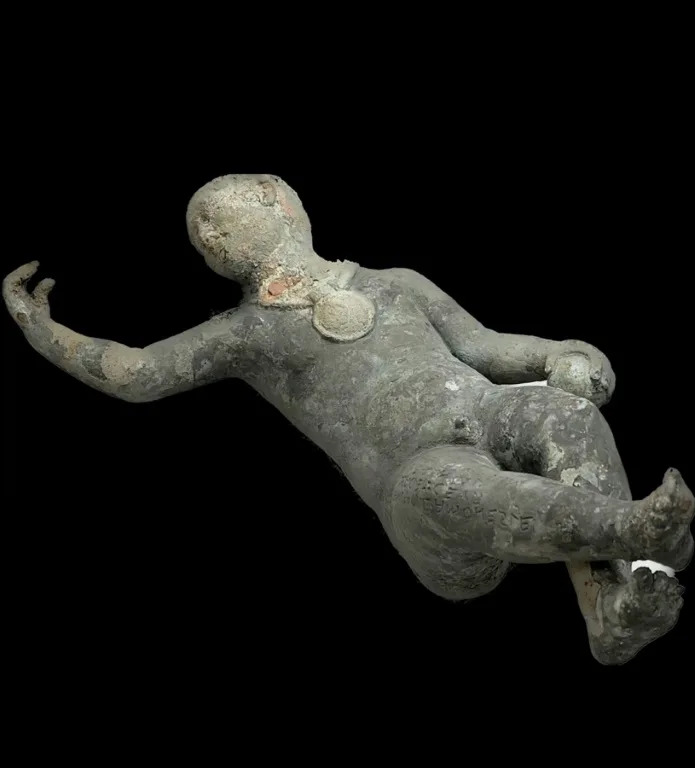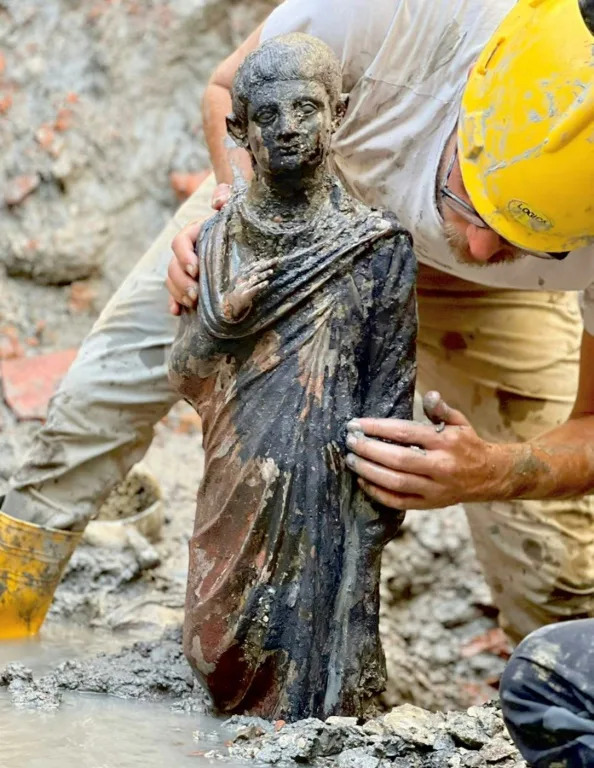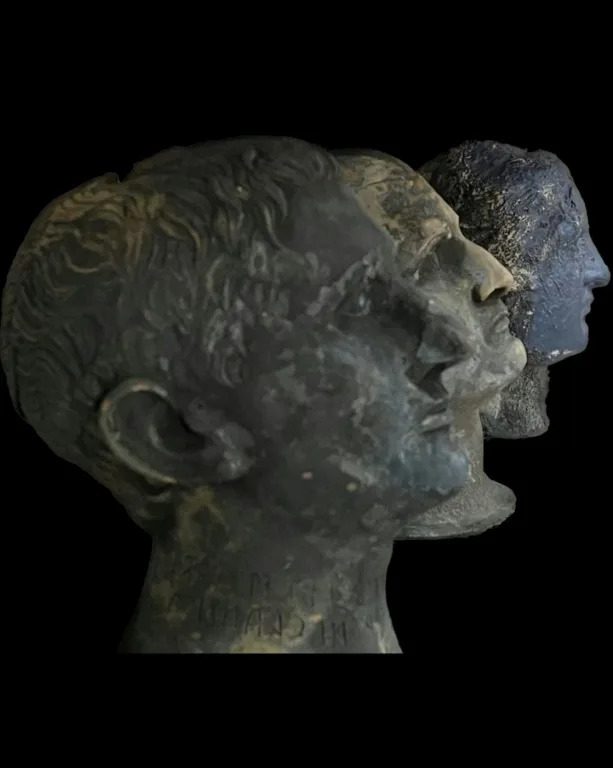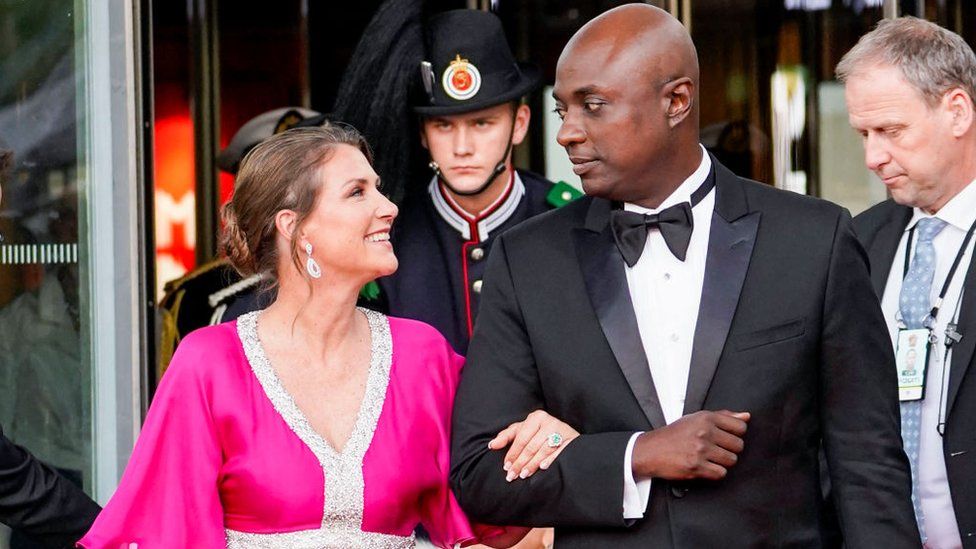REGINA — Jordan McGillicky says she was devoted to sports and her studies at a private Saskatchewan college but eventually felt driven away from the school because of her sexuality.

LGBTQ students allege mistreatment, want change at Saskatchewan Bible college
She enrolled two years ago at Briercrest College and Seminary, an evangelical Bible college in Caronport, an hour east of her hometown of Regina. The college grew in prominence in 2013 after former Saskatchewan premier Brad Wall, who has spoken at the school's chapel, gave it the right to grant university degrees, helping it attract students from across the country.
McGillicky didn't grow up in a religious home, but Briercrest was running sports programs during the COVID-19 pandemic.
"I was not expecting what happened to me next, because it's advertised as such an open place," she said, noting the school's student code of conduct asks students to show respect for homosexuals.
"It's not."
McGillicky was hired as a resident adviser at the school, but said she was fired earlier this year after peers dug up photos of her and her then-girlfriend on social media and outed McGillicky as bisexual.
McGillicky said she has no documents showing why she was fired and the school did not respond to a question about the reason she lost the job.
"I was told either choose between $500 a semester (as a resident adviser) or … your potential soulmate, your potential wife," said McGillicky.
"I said no, because I didn't see it as fair."
The Canadian Press interviewed eight former LGBTQ students from across Canada who attended the college over the last two decades. They said they experienced homophobia, abuse and discrimination that left them fearful and vulnerable.
They said they are speaking out because they're concerned for current students at the college and want changes or the school defunded. Briercrest receives funding from the province and was given $250,000 for this school year.
One student said she was struggling with her sexuality and feeling suicidal and that a counsellor told her to pray it away. Another said a professor wrote a derogatory word on a white board in class to describe homosexuals. Others said speakers were brought in to teach them how to deny their sexuality, and they were encouraged to marry a person of their opposite sex.
Details of the allegations were put to Michael Pawelke, president of Briercrest. He declined to address thembecause of privacy reasons and because The Canadian Press did not provide in advance the names of the former students interviewed.
Pawelke also did not respond to a question about a 2019 school address in which he compared sex outside of heterosexual marriage to intercourse with animals, robots and corpses.
"It's a departure of the ideal. It's the truth we need to embrace," Pawelke said in a video of the address posted on the school's YouTube channel.
Pawelke said in an email to The Canadian Press that the school has clear statements on its stance on sexuality and does not promote sexual activities outside monogamous, heterosexual marriage.
The student conduct code also references a Bible verse saying those who practise homosexuality will never inherit the kingdom of God.
"By law, we have the freedom of religion. We are transparent about who we are and what we believe. Students attend voluntarily," Pawelke said in the email.
Like McGillicky, several students said they were outed after peers or faculty disclosed their sexual orientation to others without permission, resulting in bullying and alienation from their religion, family and friends.
Some students said they were invited to professors' homes for dinner, where the conversation topic was their sexuality. Others said they experienced or witnessed conversion therapy under the description of "counselling."
Conversion therapy attempts to change a person’s sexual orientation, gender identity or gender expression. Pawelke said Briercrest offers voluntary counselling anddoes not practice conversion therapy.
Ben Ross, who attended Briercrest between 2006 and 2010, said he was outed as gay at the town's post office, then assigned a paper at school.
"I had to write an essay on why I don't believe being gay is right, how I denounce all of it. And basically if I didn't do that, I wouldn't (be able to) graduate," Ross said from his home in Nova Scotia. He said he threw out the essay years ago, but his account was corroborated by a friend.
Some of the former students, including Ross, said they are now getting therapyfor religious trauma.
Lauren Jordan, who attended the school between 2013 and 2015, came out to one of her professors. She was told she couldn't graduate if she was gay and was encouraged to seek therapy, she said.
Jordan left the college instead.
"The fear still stays with me. The loss of relationships really stays with me. That trauma is not going to go away, but I certainly have come to terms with who I am and I am proud of who I am," Jordan said from her home in Barrie, Ont.
Documents and emails obtained by The Canadian Press show the Saskatchewan Party government was aware of alleged discrimination at the school after former student Jodi Hartung of Saskatoon raised concerns in 2015 with Pawelke and other officials.
In a letter to the government, Hartung said she was concerned and that some LGBTQ students were self-harming and had tried to commit suicide. She said she sent the letter after she was contacted "at an alarming rate" by students who felt unsafe on campus.
"I didn’t have an inkling that I was gay until I was 20 years old," Hartung said in an interview. "And at that point, I’m already halfway through my degree, heavily involved in the community and loved it there.
"You can’t just say, 'Hey, if you’re queer, don’t go there.' Because you’re undermining the experience of figuring out your sexuality and the journey that a lot of queer people are going on."
Her complaints landed on the desk of Premier Scott Moe, who was advanced education minister at the time. He asked an independent provincial college oversight board to investigate.
The board recommended institutions have policies and practices to ensure they meet obligations under the Saskatchewan Human Rights Code and the Saskatchewan Employment Act. It also recommended institutions be required to ensure students are informed of their rights and responsibilities.
In 2019, several advanced education ministers after Moe, the government rejected those recommendations.
"It wasn't felt at the time we needed to do anything, given (post-secondary schools') requirement to comply with provincial legislation, particularly the human rights code," Minister of Advanced Education Gord Wyant saidin an interview.
The government said it did adopt a recommendation that it write a letter to Briercrest and the complainant outlining the board's investigation.
Moe was not made available for an interview.
Pawelkesaid Briercrest has policies that address harassment, sexual misconduct, sexual assault and complaints.
"We have been following our policies and keeping them current … we have and will continue to co-operate with our accreditors and external partners."
Hartung said she tried to get help years ago from the college, but no changes were made.
She is still hoping that can happen.
"You either have to hate yourself or know that everybody around you hates you," Hartung said. "Often it’s a combination of both. That’s obviously horrific to your formation as a human."
This report by The Canadian Press was first published Nov. 8, 2022.
Mickey Djuric, The Canadian Press


















